Feathers are flying in the bird world. Potential changes to the law, following a campaign by pigeon fanciers to reduce attacks on their pets by raptors, have met with opposition from the RSPB.
The Raptor Alliance, a body representing many of the UK’s 42,000 pigeon owners, is writing to MPs warning that an “iconic traditional British sport” is under threat as a result of an increasing number of attacks on their birds.
It has been buoyed by news that the Law Commission is considering changes to the 1981 Wildlife and Countryside Act that will allow individual pigeon fanciers to make applications so that problem raptors, such as peregrine falcons or sparrowhawks, can be relocated.
“Pigeon racing will disappear from our country unless something is done to protect our birds,” said Stewart Wardrop, representative of the Raptor Alliance.
A million racing pigeons are bred each year in the UK, with a pedigree racing pigeon sometimes worth several thousand pounds. In 2012 a Chinese businessman paid $300,000 (£197,000) for a Belgian racing pigeon called Bolt.
Some studies suggest that around 14% of birds that did not return to their lofts were taken by raptors, but Wardrop said the true figure was much higher, running into the hundreds of thousands.
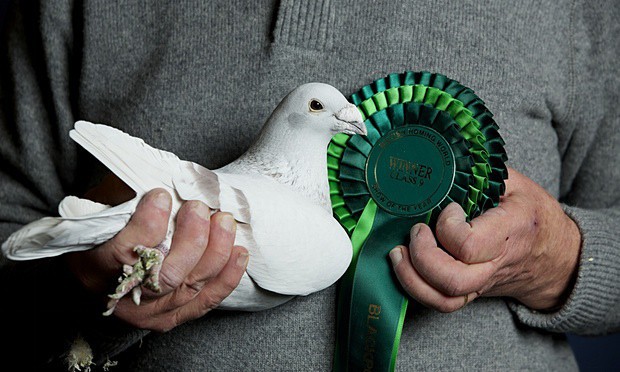
“In law, there is no protection for racing pigeons,” he said. “If your loft is being attacked by raptors, apart from using harsh words to shoo them off you can’t really do anything. Because the number of raptors has grown and grown, pigeon lofts are effectively becoming larders. They just know that at seven o’clock every morning the pigeon fancier lets his pigeons out and breakfast is served.”
Wardrop stressed that the alliance was not seeking a blanket cull. “The licence requirements will be exacting. They must be evidence based, prove suffering or loss, and that all necessary diversionary actions have been taken, before an application can be made.”
He said the licences would allow pigeon fanciers to target specific areas. “Pigeon fanciers accept losses, but the numbers have grown so big. My father has lost three birds this year, but someone 400 yards away from him has lost 30. Raptors are marvellous creatures but there should be space for all of us.”
Part of the problem, the alliance suggests, is that raptors are seen as species in decline. Raptor nesting boxes are being put up on churches and other communal buildings. “If you encourage peregrines to perch on steeples, you will decimate the sport of those 15 pigeon fanciers who live in the village.”
The alliance claims that the pigeon racing industry is worth £125m a year to the British economy. But it has fallen a long way from the heady days of the 1960s and 70s, when famous footballers dabbled in the sport.
“Some 100,000 [people] were involved in the 60s,” Wardle said. “Nowadays, famous footballers buy racehorses; in the 60s they had racing pigeons.”
Grahame Madge, an RSPB spokesman, disputed claims that raptors were increasing in number. “Despite claims to the contrary, the populations of peregrine falcons and sparrowhawks are not increasing. In fact, evidence suggests sparrowhawk numbers have declined over the last 20 years. Birds of prey are wild birds and we see no argument for, or benefit in, artificially managing their populations.”
Madge said it was wrong to blame raptors for the deaths of many racing pigeons. “Studies have shown that around six out of every seven racing pigeons failing to return go missing for other reasons, such as becoming disorientated or colliding with obstacles.”
And he questioned the feasibility of relocating raptors. “There is no strong evidence that relocating sparrowhawks would achieve any benefit and, in fact, we remain concerned that this could lead to effects on the population, which is already in decline. Some birds could find their way back to their original territories, or their absence could create a vacant niche encouraging other birds to move in.”
This article was first published by The Guardian on 06 Sep 2015.
We invite you to share your opinion whether raptors should be culled to protect racing pigeons? Please vote and leave your comments at the bottom of this page:
Thank you for voting.

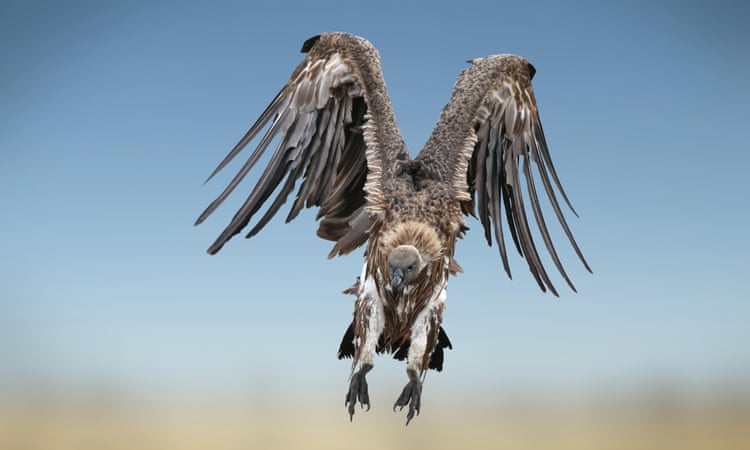
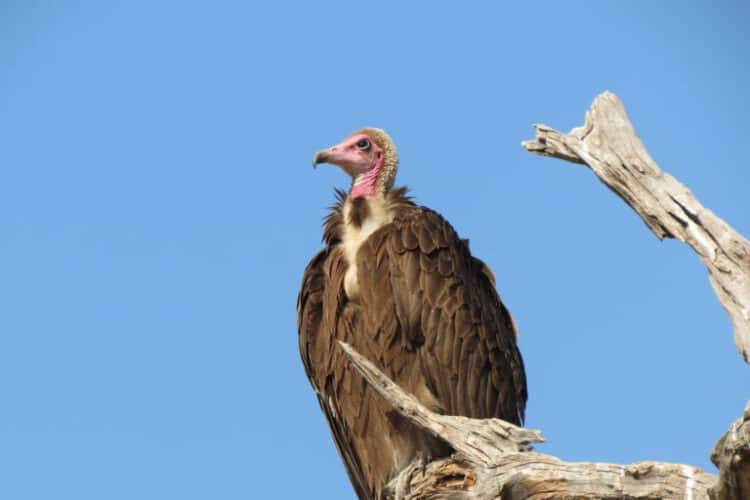
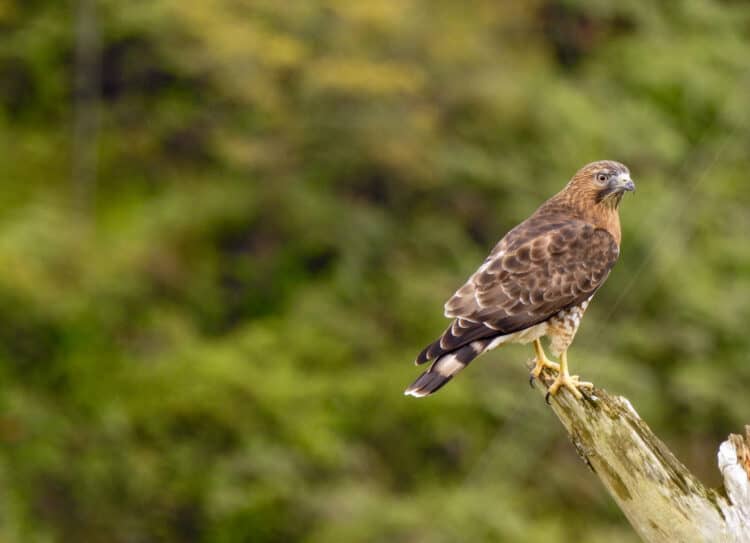
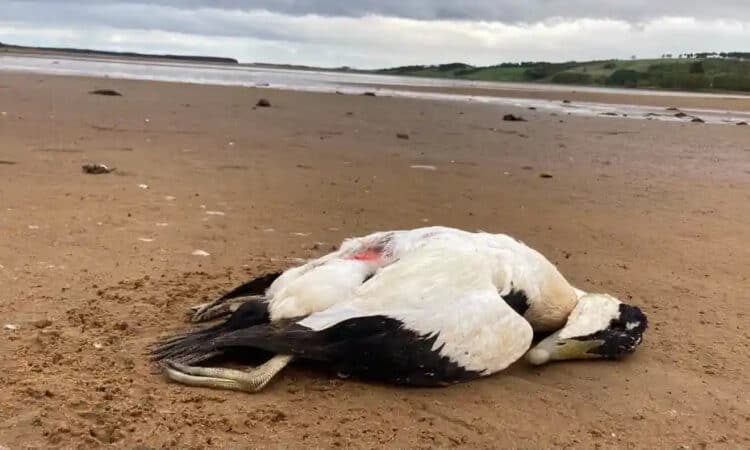
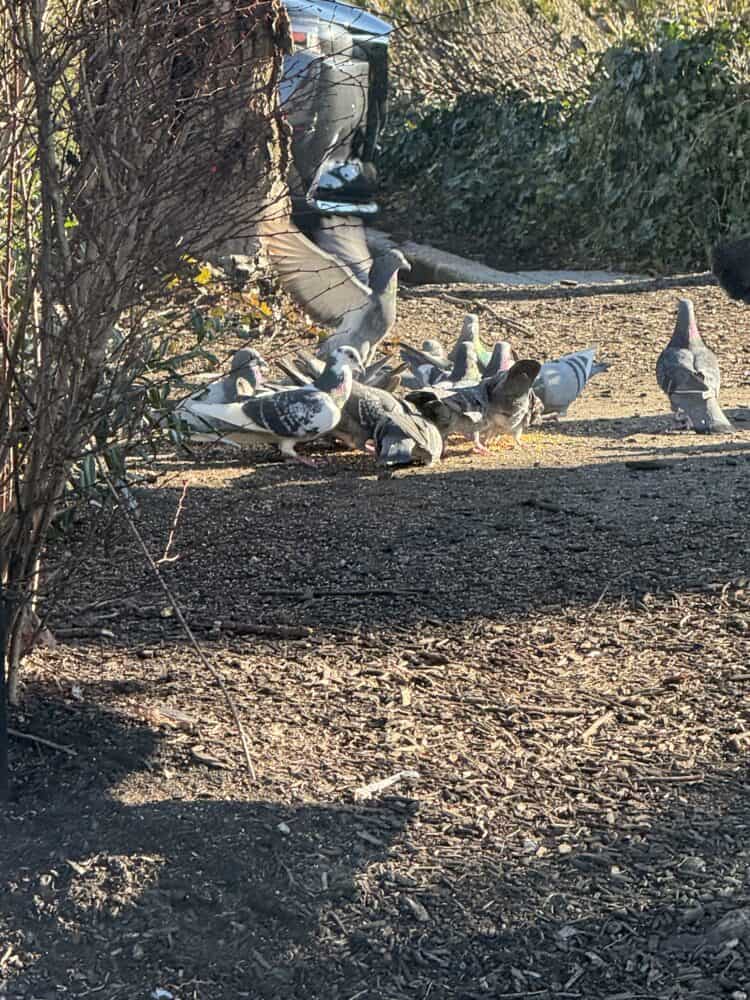
Leave a Reply